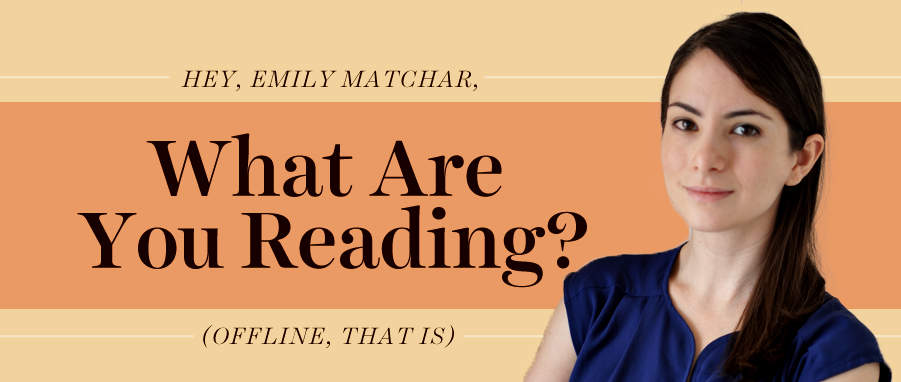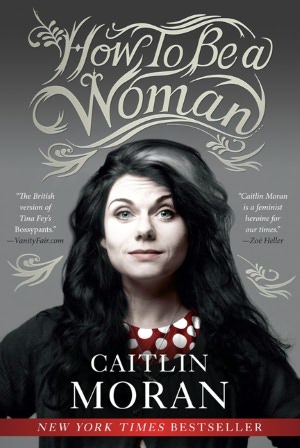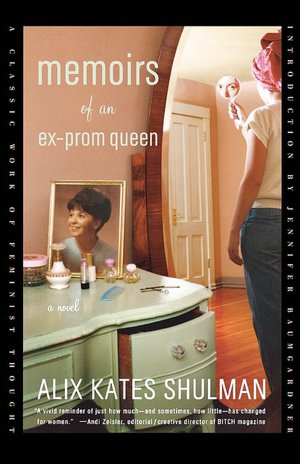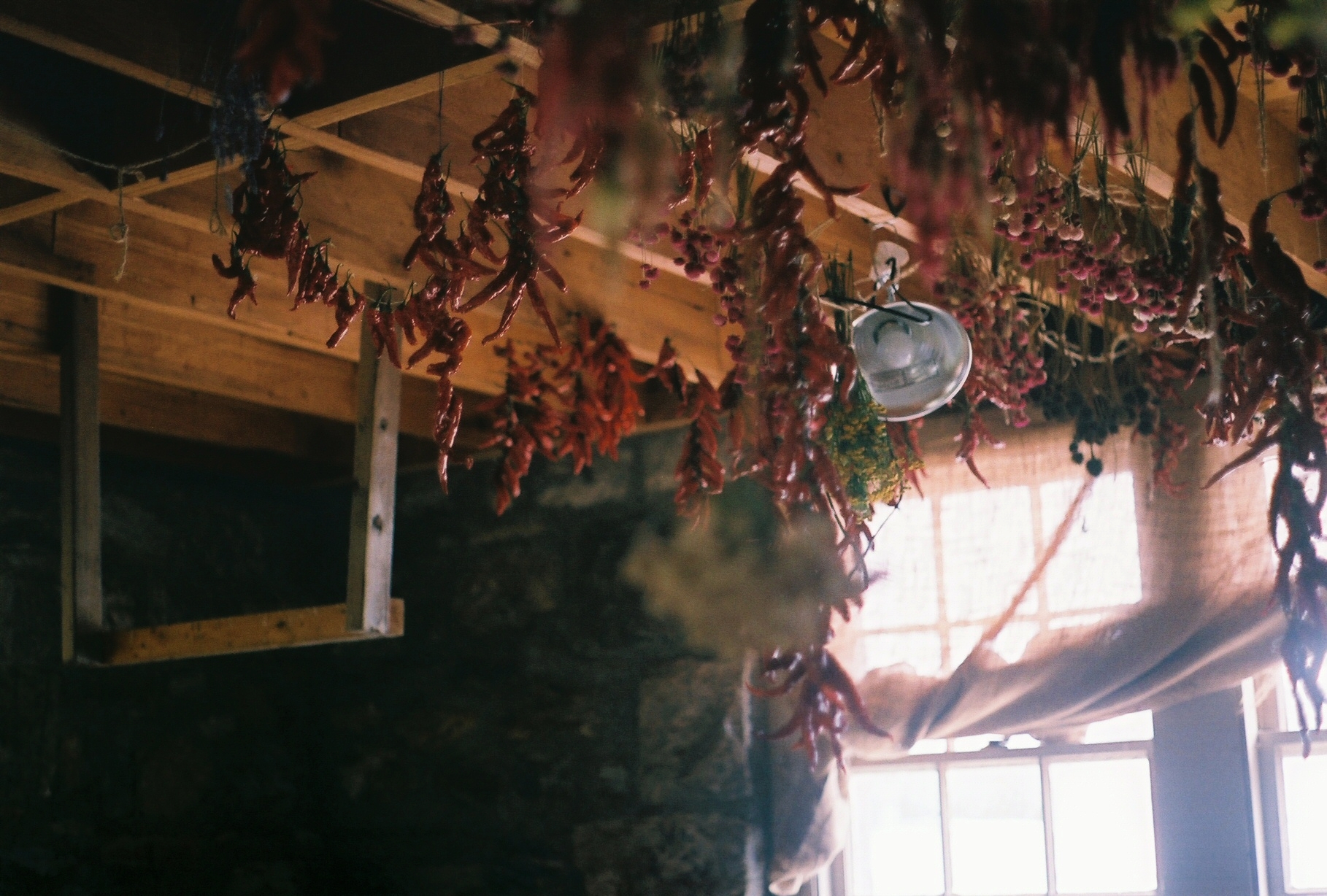 A few weeks ago, on a lazy Sunday, my boyfriend and I were watching the History Channel. This is not something we tend to do, and as a self-dubbed historian I can tell you that us historians have our problems with the so-called “history” of the History Channel (often fondly referred to as “the Hitler Channel”). Nevertheless—on that Sunday, it was on. Specifically, a show about ancient Rome, and its marvels and its Caesars and its rise and its fall and all that stuff.
A few weeks ago, on a lazy Sunday, my boyfriend and I were watching the History Channel. This is not something we tend to do, and as a self-dubbed historian I can tell you that us historians have our problems with the so-called “history” of the History Channel (often fondly referred to as “the Hitler Channel”). Nevertheless—on that Sunday, it was on. Specifically, a show about ancient Rome, and its marvels and its Caesars and its rise and its fall and all that stuff.
Through historical reenactment and cheesy voiceovers, we were introduced to Emperor Claudius and his wife Agrippina, a conniving seductress if ever there was one. We’re told that one day, poor Claudius took violently ill and died. Cheesy voiceover: “Claudius was poisoned by a mushroom flower . . . and his wife’s ambition.”
“Do they have any evidence to substantiate the claim?” I asked (the History Channel doesn’t do footnotes, after all).
“Yeah,” my boyfriend replied. “She’s a woman.”
Before you virtually slap him, note that this was said tongue-in-cheek. This is how our cynical senses of humor work.
I bring this up because, while the woman-as-seductress trope remains alive and well in many contexts—particularly in political thriller and historical biography—there was a lady who, way back in 1399, was also sick and tired of such tired and misogynist characterizations, and like me, she decided to write about it. This lady was Christine de Pisan.
Christine was born in 1364 in Venice, but grew up in the French court—her father was the court astrologer to Charles V of France. (Yes, that was a thing.) She was married at 15 to a court secretary named Etienne, had three children, and then was abruptly widowed at 25. None of this was particularly remarkable. What was remarkable was what she chose to do after that.
Most medieval women of her class would have remarried, or, if they were feeling particularly pious, gotten themselves to a nunnery. Christine did neither. To ensure the financial well-being of herself and her children, she decided to work for a living by utilizing her special talent at writing.
Here I must exclaim with delight. (Yay!) As Virginia Woolf once famously noted, there were very few women writers prior to the nineteenth century; so Christine was trailblazing a path that literally did not exist. In her career, she was patronized by the rich and powerful and produced many well-received works of poetry, practically creating what it meant to be a “woman writer” in Western Europe, and was able to provide for a family without a man to help her.
What’s more, her works are considered to be some of the earliest written examples of feminism. Now, it’s a bit anachronistic to ascribe the word “feminist” to anyone living in the Middle Ages. That said, Christine’s work impressively promoted women’s value to society and combated the “misogyny” of her male writer counterparts.
For one thing, she practically invented the whole "Your Historical Woman of the Day" concept (though I will retain all rights and privileges to said concept, thankyouverymuch): In Le Livre de la cité des dames (“The Book of the City of Ladies," also the best book title ever), written in 1405, Christine recorded examples of historical women who were known for heroism and virtue, who could serve as inspiration for women in her own time. And in Le Livre des trios vertus (“The Book of the Three Virtues”), she discussed women’s role in medieval society and provided moral instruction for women from all walks of life.
As mentioned earlier, Christine was perturbed by certain depictions of the archetypal Woman in medieval (male) writings, particularly one satirical Roman de la Rose by Jean de Meun, which portrayed all women as conniving seductresses. So she directly engaged ol’ Jean in her critique L’Epistre au Dieu d’Amours (“Letter to the God of Loves”) and defended women against such misleading attacks. Her view was that, contrary to popular belief, women were not simply temptresses designed to lead men astray; rather, they were valuable members of society who, if allowed to receive the same education as men, had the potential to be just as accomplished and successful.
Many feminist scholars have cautioned against holding up Christine as some kind of Light of Early Feminism. Obviously, her thinking was still constrained by medieval understandings of society and the world, and she later in part recanted her more “radical” early attacks of misogyny. And, in the end, she did get herself to a nunnery, where she remained until her death around 1430. However, her accomplishments make her quite the iconoclastic figure—a woman who made her own career in writing, who earned widespread acclaim from kings and nobles (including Henry IV of England), who promoted the place of women in a society far more rigidly patriarchal than the one we know today, whose books continue to be remembered. She even wrote an account of Joan of Arc’s early victories; and it was written during Joan’s lifetime, the only such account in existence.
Not to get cheesy, but I’m pretty sure Christine and I are sisters across the ages.






























